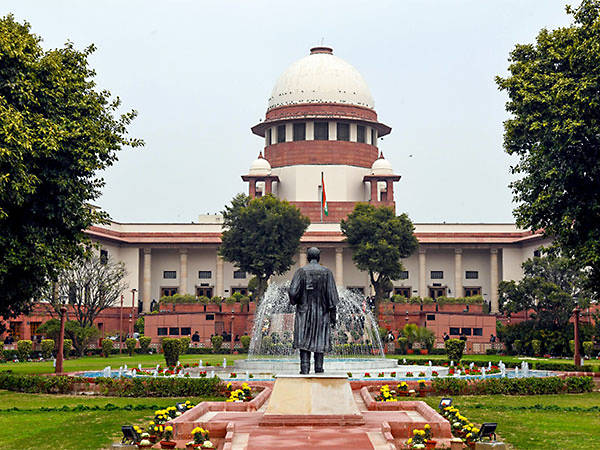Supreme Court Rules States Can Levy Taxes on Mineral Lands
In a landmark decision, the Supreme Court ruled that states have the authority to tax mines and mineral-bearing lands. The 8:1 judgement clarified that royalties on extracted minerals are not considered taxes. This ruling reaffirms state legislative power over mineral rights.

- Country:
- India
The Supreme Court's nine-judge Constitution bench ruled on Thursday that states possess the constitutional right to impose taxes on mines and mineral-bearing lands. The 8:1 verdict, authored by Chief Justice DY Chandrachud and endorsed by Justices Hrishikesh Roy, Abhay S Oka, JB Pardiwala, Manoj Misra, Ujjal Bhuyan, Satish Chandra Sharma, and Augustine George Masih, determined that royalty on extracted minerals does not qualify as a tax.
Chief Justice Chandrachud, along with seven other judges, delivered a majority judgement, whereas Justice BV Nagarathna offered a dissenting opinion. The majority judgement clarified, "Royalty is not a tax. Royalty is a contractual consideration paid by the mining lessee to the lessor for enjoying mineral rights. The obligation to pay royalty arises out of the contractual conditions of the mining lease. Payments made to the government cannot be considered a tax merely because the statute allows their recovery as arrears."
The judgement established that the legislative power to tax mineral rights belongs to state legislatures, and Parliament lacks the authority to tax mineral rights under Entry 54 of List 1, as it represents a general entry. It added, "Since the power to tax mineral rights is listed under Entry 50 of List 2, Parliament cannot invoke its residuary power regarding this subject matter."
In her dissenting opinion, Justice Nagarathna argued that royalty shares the nature of a tax, contending that the Union Law--Mines and Minerals (Development and Regulation) Act, 1957 (MMDR Act) provisions concerning the levy of royalty deny states their power to tax minerals. She warned that allowing states to levy mineral taxes could undermine uniformity of this national resource and foster unhealthy competition among states, potentially destabilizing the federal system.
Post-judgement, Solicitor General Tushar Mehta and senior advocates Arvind Datar and Abhishek Manu Singhvi sought clarification from the bench on the ruling's prospective application. The bench agreed to discuss this matter next Wednesday.
The judgement addressed whether state governments' powers to tax and regulate mining activities are superseded by the Mines and Minerals (Development & Regulation) Act, 1957.
(With inputs from agencies.)










